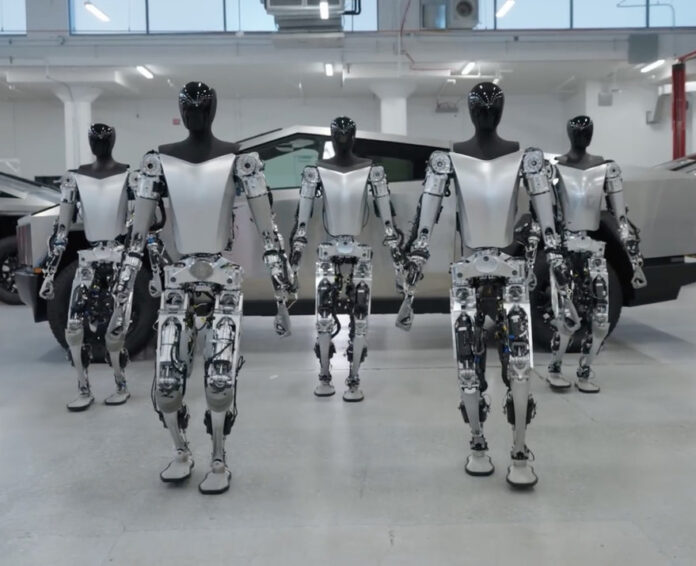Tesla CEO Elon Musk revealed on Tuesday that the company’s production of its humanoid robots, known as Optimus, has been affected by China’s recent export restrictions on rare earth magnets.
Musk stated during an earnings conference call that the restrictions are part of China’s response to U.S. tariffs, limiting the supply of crucial minerals used in weapons, electronics, and consumer goods.
China has imposed these curbs as part of a broader strategy to control the export of rare earth materials, including both mined minerals and finished products like magnets, which are difficult to replace. The new regulations require exporters to apply for licenses from China’s Ministry of Commerce, a process that can take anywhere from several weeks to months.
Musk explained that China is seeking assurances that the rare earth magnets will not be used for military purposes, a condition Tesla is addressing as it works with Beijing to secure the necessary export licenses.
“China wants some assurances that these are not used for military purposes, which obviously they’re not. They’re just going into a humanoid robot,” Musk clarified. “It’s not a weapon.”
Despite the restrictions, Musk reiterated that Tesla still plans to produce thousands of Optimus robots this year. The company has been pushing forward with its plans to develop and manufacture the humanoid robots, which are seen as a key part of Tesla’s expansion beyond electric vehicles.
As Tesla navigates the export licensing process, analysts have warned that the curbs on rare earth materials could pose challenges to the production of various high-tech products, from consumer electronics to advanced robotics.




